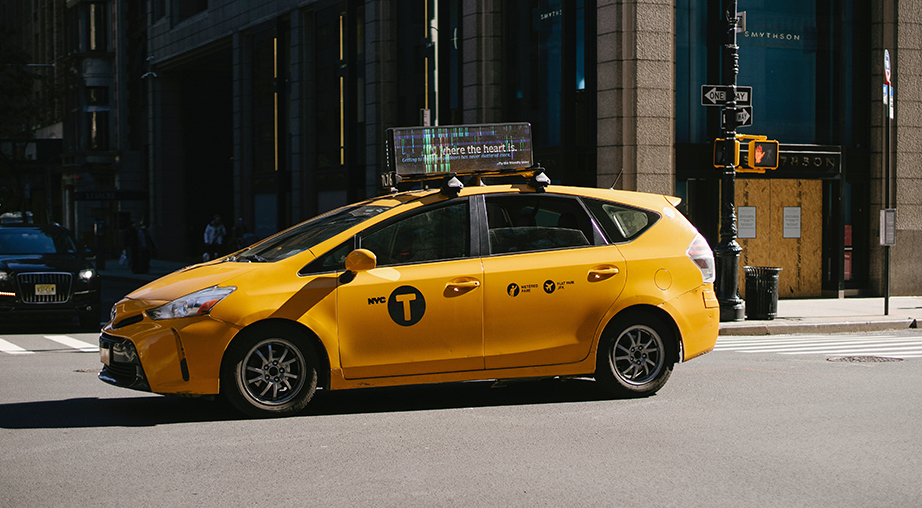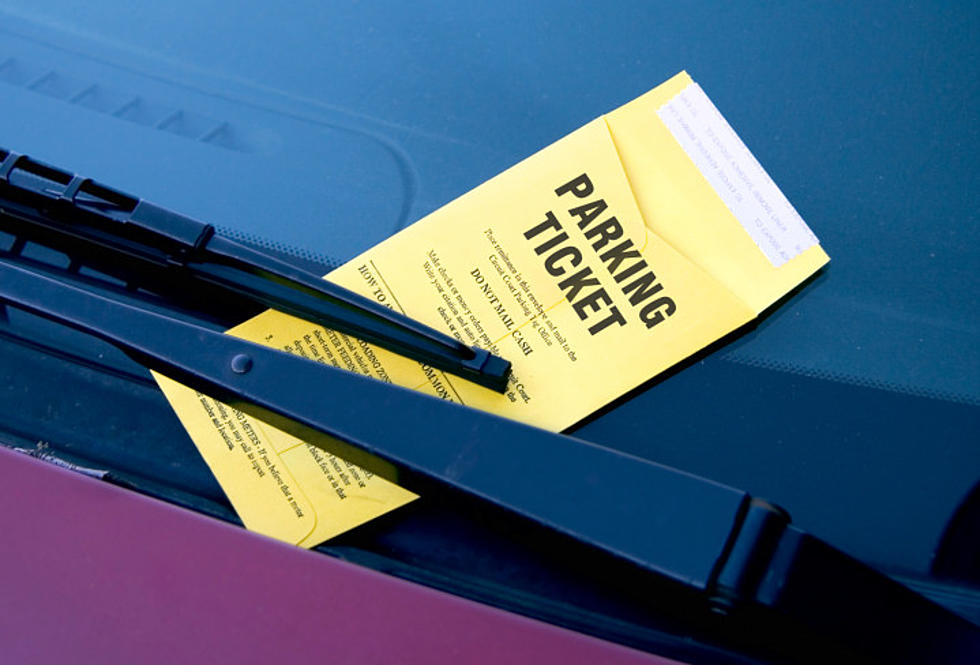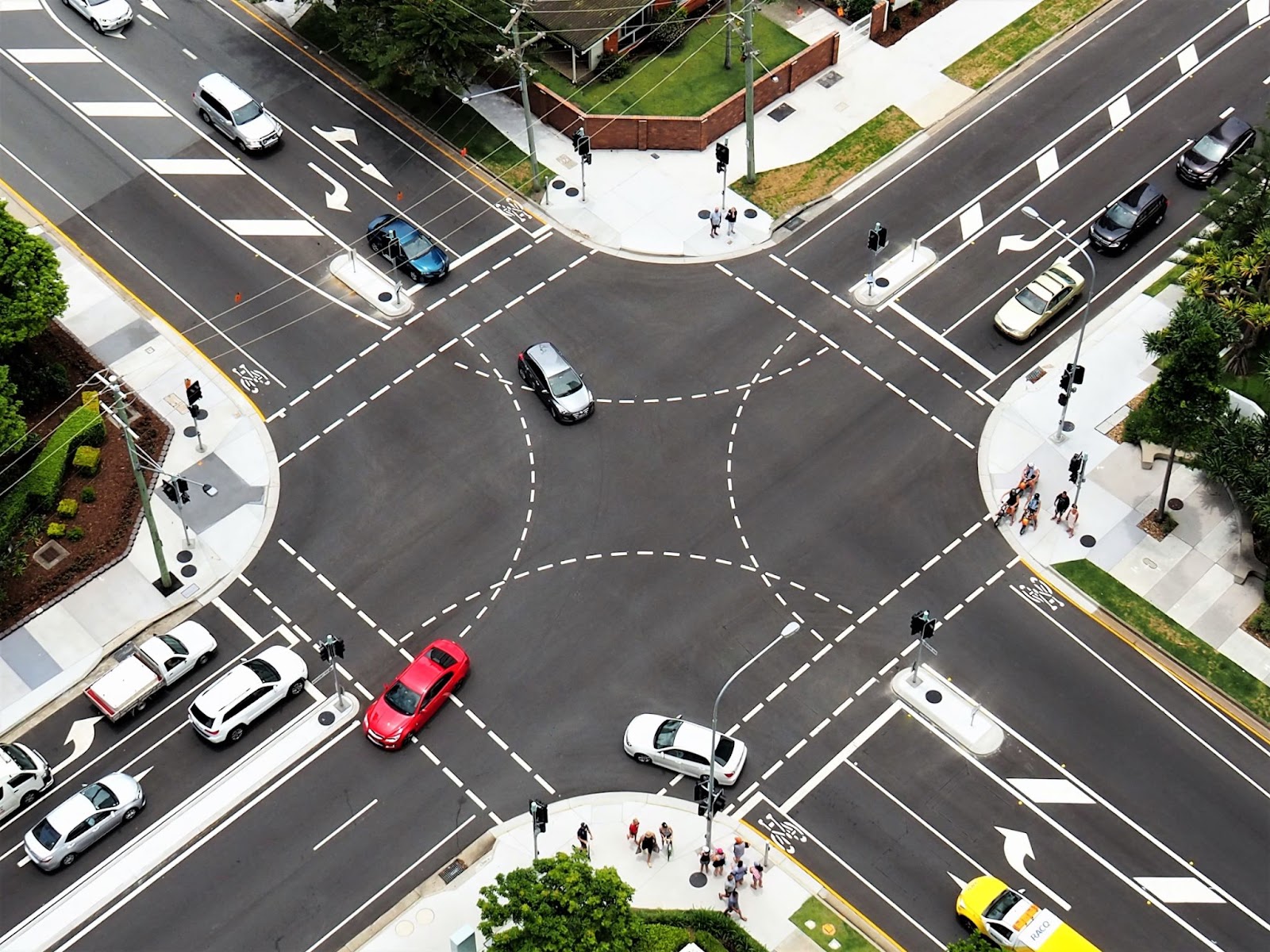You have questions about non-moving violations. You’re probably wondering about things like, what’s the difference between a moving and non-moving violation (it’s not what you might expect!)?
Does a non-moving violation go on my DMV record? What do I do if I think the non-moving violation ticket is issued wrongly?
We have answers! Read along to find out what you need to know about non-moving traffic violations in the Commonwealth of Virginia.
What is a non-moving violation?
A non-moving violation is a traffic infraction that violates the law but is not necessarily tied to the manner of the driving of a motor vehicle. Non-moving violations usually result in smaller fines than moving violations, and they usually do not cause demerit points to accrue on your record like moving violations do.
Some people will say that a non-moving violation happens when the car is not moving, but things like a broken tail light can be ticketed whether the vehicle is moving or not. Either way, it is still a non-moving violation.
Common non-moving violations include
- parking violations: parking next to a fire hydrant, parking in a no-parking zone, etc.
- vehicle safety violations: excessive muffler noise, too-dark window tint, missing license plate, etc.
- Expired vehicle inspection or registration.
Often, if the issue is not very significant and has been remedied by your court date, the judge might even dismiss the charge although he may still require the payment of court costs.
If you have questions, feel like you’ve been wrongly ticketed, or just need help navigating Harrisonburg traffic court, contact Cook Attorneys today.
We often get questions like, “How much does a Virginia window tint ticket cost?” The nice thing is that Virginia has posted a schedule online of many of the standard fines for prepayment out of court.
Check it out here, or call us any time.
What is a Moving Violation?
In contrast to non-moving violations, moving violations involve things like speeding and reckless driving. For more information on moving violations, see our blog for Reckless driving vs improper driving.
What is the key difference between Moving and Non-moving violations?
On the surface, it would seem like a moving violation would be any violation when the vehicle is in motion, and a non-moving violation would be any violation when the vehicle is stopped. However, it’s not quite that straightforward. Moving violations relate to the fact that the vehicle is moving (such as speeding). But non-moving violations relate to the fact that the vehicle does not need to be moving in order to detect the violation. So while parking in front of a meter is an obvious non-moving violation, a less obvious violation is a broken tail light.
Does a non-moving violation affect my driving record?
No. A non-moving violation will not put demerit points on your DMV record. However, in some states, you will not be able to renew your license if you have several unpaid tickets. So if you get a ticket in Virginia but have a license in another state, be sure to check out that state’s laws concerning license renewals.
Does a non-moving violation affect my car insurance?
Do non-moving violations affect your insurance premiums? The short answer is, not usually. Some insurance companies don’t even care to know about them.
However, some insurance companies will raise your rates if you have too many unpaid tickets in general. If you have questions about your particular insurance, you should call your insurance agent or visit their website for more information.
While we’re on the topic of insurance, we do often get asked, “How long does a speeding ticket affect your insurance?” With many insurance companies, speeding ticket demerit points can affect your insurance until they fall off your DMV record.
For more information about moving violations or speeding tickets, see our blog post about speeding tickets.
Can a speeding ticket be reduced to a non-moving violation?
Many people wonder how to get a speeding ticket reduced to a non-moving violation. It is possible, but it isn’t usually something you can do on your own without a traffic lawyer.
Let’s say you have an impeccable driving record, and you get issued a speeding ticket (which is a moving violation and will cause you to accumulate demerit points). Some prosecutors or judges are willing to agree to reduce the speeding ticket to a non-moving violation such as “defective equipment” to avoid the accumulation of demerit points on your DMV record.
If you have questions about how we may be able to get your speeding ticket reduced to a non- moving violation, call Cook Attorneys, your local Harrisonburg attorneys, today!
Conclusion
Driving or not, moving or non-moving violations, the main goal is to stay safe and follow the law. However, if you find yourself with a court date or in need of legal assistance, don’t hesitate to call our traffic defense lawyers at Cook Attorneys and let us help you.
Still have more questions about non-moving violations? Fill out the form below to request more information about how we can serve you. We look forward to hearing from you!









